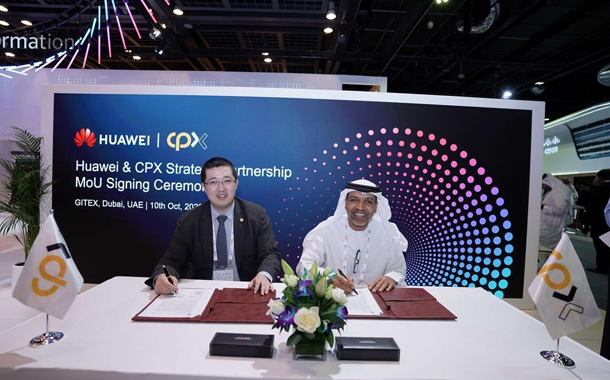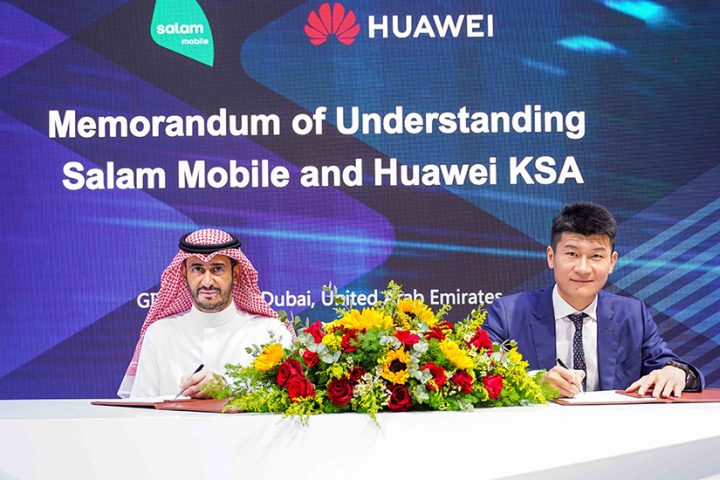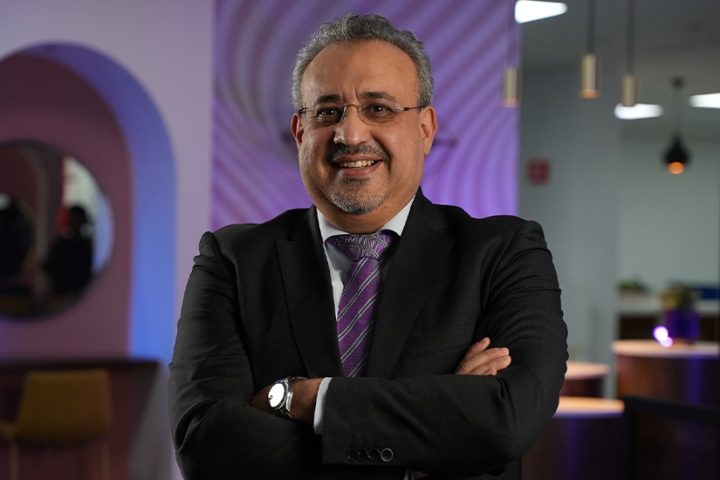CPX Holding, a UAE-based leading provider of digital-first cybersecurity solutions and services, and Huawei have signed a memorandum of understanding (MoU) to explore and deliver strategic projects that support UAE’s advancement as a top trusted digital hub for the region.
The memorandum was signed by Khaled Al Melhi, CEO of CPX, and Jerry Liu, CEO of Huawei UAE, at GITEX GLOBAL 2022 in the presence of executives from both companies.
In particular, CPX and Huawei have expressed a mutual commitment to the sustainable development of the UAE’s cybersecurity ecosystem. The two parties will thus work together to exchange knowledge on industry trends, design end-to-end cybersecurity platforms and solutions, and add value to the country’s existing cybersecurity projects. By leveraging resources from both inside and outside the UAE, the parties will ultimately be able to assist public and private-sector organizations in ensuring compliance with stringent cybersecurity standards while accelerating their cyber maturity.
Khaled Al Melhi, CEO of CPX, said: “The GCC region, particularly the UAE, has become a hub for digital innovation. In alignment with our mission to empower organizations with cutting-edge cybersecurity solutions and services, our collaboration with Huawei aims to support government and private sectors to maintain their competitive edge and thrive in an increasingly digital economy.”
Jerry Liu, CEO of Huawei UAE noted: “Huawei believes cybersecurity is a shared responsibility, and collaboration between ICT industry stakeholders to build unified and transparent security standards is key to safer cyberspace. Therefore, we value partnerships like this with CPX, which support the government’s efforts to position the UAE as a trusted digital oasis.” The MoU comes as governments and businesses in the UAE rapidly adopt new technologies while also being exposed to new and more sophisticated cyber threats. Mitigating these unprecedented security risks has thus become a C-suite priority across all sectors as they strive to do more than rely on reactive cybersecurity strategies.



















